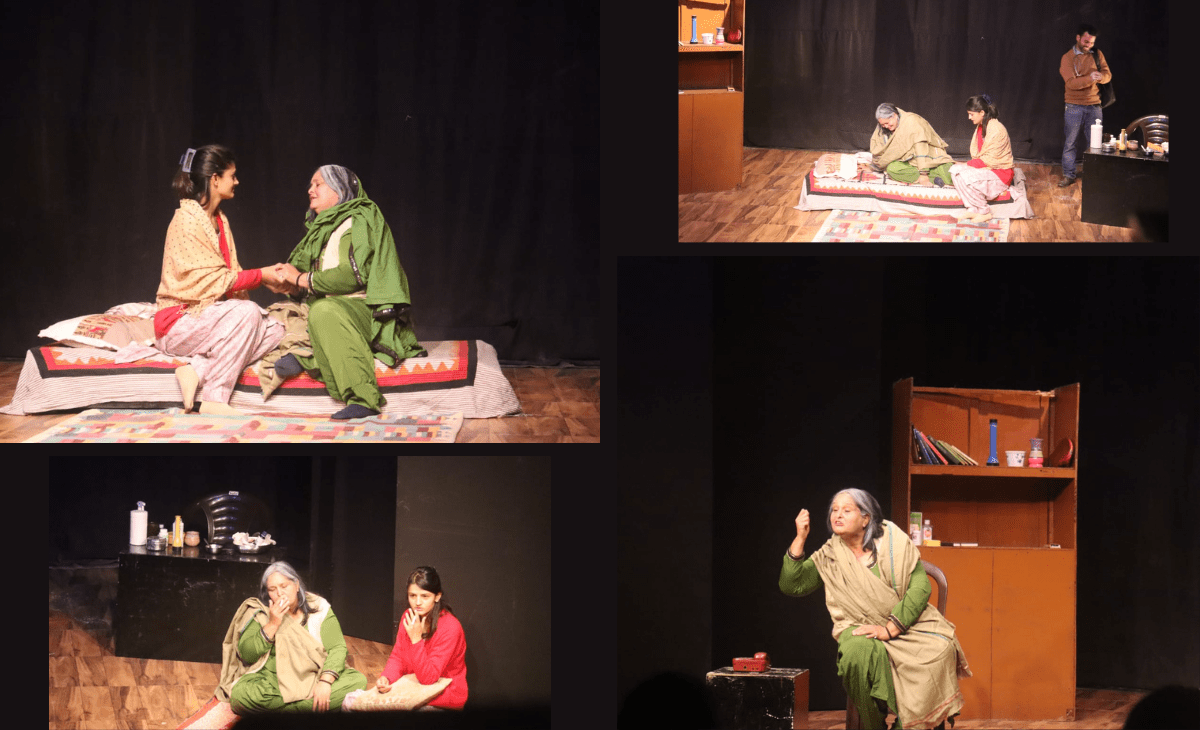Claims her husband only wanted PM Modi to fulfil poll promises
TNR News Network
SHIMLA:
In the aftermath of violent clashes that left four persons d*ead and nearly 100 injured in Ladakh, the arrest of social reformer and educationist Sonam Wangchuk under the National Security Act (NSA) has triggered outrage across Ladakh.
But now, his wife Gitanjali J Angmo has come forward, claiming her husband was not a Pakistan agent and offering the most detailed explanation yet of why a once-celebrated innovator has become, in her words, “an enemy in the eyes of the BJP-led Union government”.
Says he only wanted BJP to fulfil its own promises
Speaking to a new channel, Gitanjali said the witch hunt against Wangchuk began when he started holding the government accountable for its own manifesto promises — notably the pledge to grant statehood to Ladakh and bring the region under the Sixth Schedule of the Constitution to protect the tribal identity and autonomy of its people.
“Sonam had voted for the BJP. In fact, the entire region supported the party believing that they would give Ladakh a legislature, constitutional safeguards and protect us from unchecked exploitation,” she said.
But as years passed and the promised safeguards never materialised, Wangchuk began peacefully advocating for these demands through fasts, petitions and public campaigns, a stance that, Angmo claims, “turned the tide against him in New Delhi”.
Claims FCRA used as tool to silence them
Angmo, herself a PhD scholar and co-founder of several initiatives with Wangchuk, revealed how central agencies began targeting their NGOs — SECMOL and HIAL — after he intensified his activism around Ladakh’s constitutional status.
“The Intelligence Bureau started visiting our home frequently. They told us directly that if Sonam continues with the fasts, the FCRA (foreign funding) licence for our NGO won’t be cleared,” she said.
Last week, the Ministry of Home Affairs cancelled SECMOL’s FCRA licence, citing alleged misuse of foreign funds, including what it bizarrely described as funding for activities related to “national sovereignty”.
Angmo called the charge laughable. “They say he studied food sovereignty and think it’s about secessionism. Food sovereignty is about growing your own food, not about breaking India,” she said.
One of the most serious allegations levelled against Wangchuk is his alleged “link to Pakistan”, based on his past visit to an environmental conference hosted by Dawn Media Group in Pakistan. Ladakh’s top police officer even alleged Wangchuk stayed in touch with a Pakistani-origin individual.
But Angmo hit back hard. “If what they’re saying is true, then it’s the biggest failure of the Ministry of Home Affairs. Was a foreign agent roaming free in Ladakh for years under their watch?” she asked.
She clarified that Wangchuk’s visit was part of a UN-backed conference on climate change and that his work on glacier conservation required collaboration across Himalayan regions, regardless of borders.
“If Modi can visit China and shake hands with global leaders, why is Sonam a traitor for attending a scientific conference? He even praised Modi’s green initiatives at that event,” she added.
Angmo also refuted the charge that Wangchuk’s hunger strike incited the violence that erupted last week. “He immediately stopped his fast as soon as tensions escalated. He wanted no harm to come to the people. The families of those who died have themselves said Sonam had nothing to do with the violence. He didn’t even know it had begun.”
The government, however, insists Wangchuk’s “provocative” speeches led to public unrest and insists the NSA charges are justified. He is currently lodged in Jodhpur jail, far from Ladakh.
From national icon to national threat
The dramatic fall from grace for Sonam Wangchuk, once hailed globally for transforming education in remote Himalayan regions, has sparked a fierce national debate. Is the government punishing dissent? Or is it responding to genuine concerns about security?
For Gitanjali Angmo, the answer is clear. “Sonam is being punished not because he betrayed India, but because he held the ruling party to its own words. If asking for constitutional safeguards for Ladakh makes you an enemy of the state, then what is left of democracy?”





